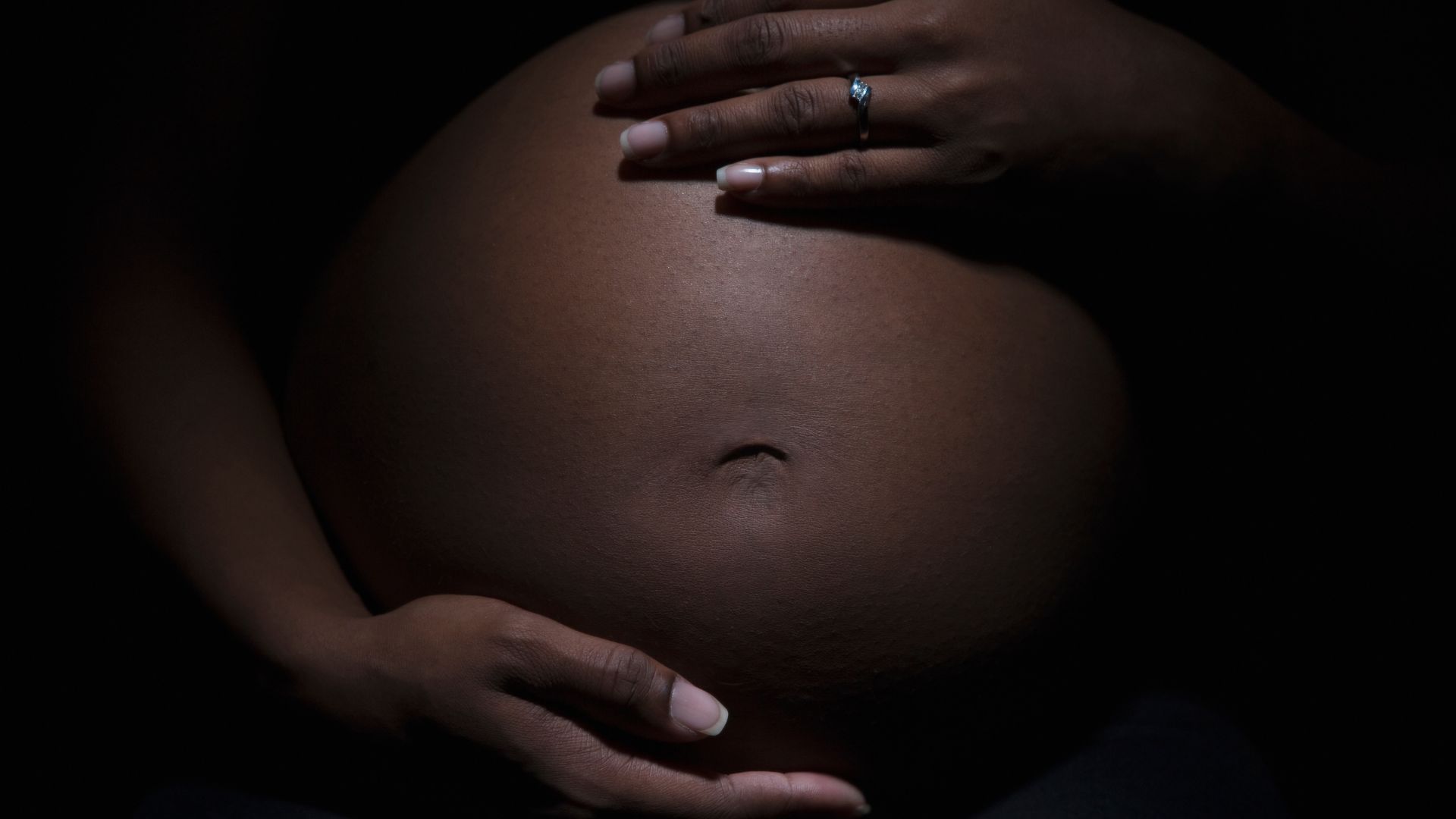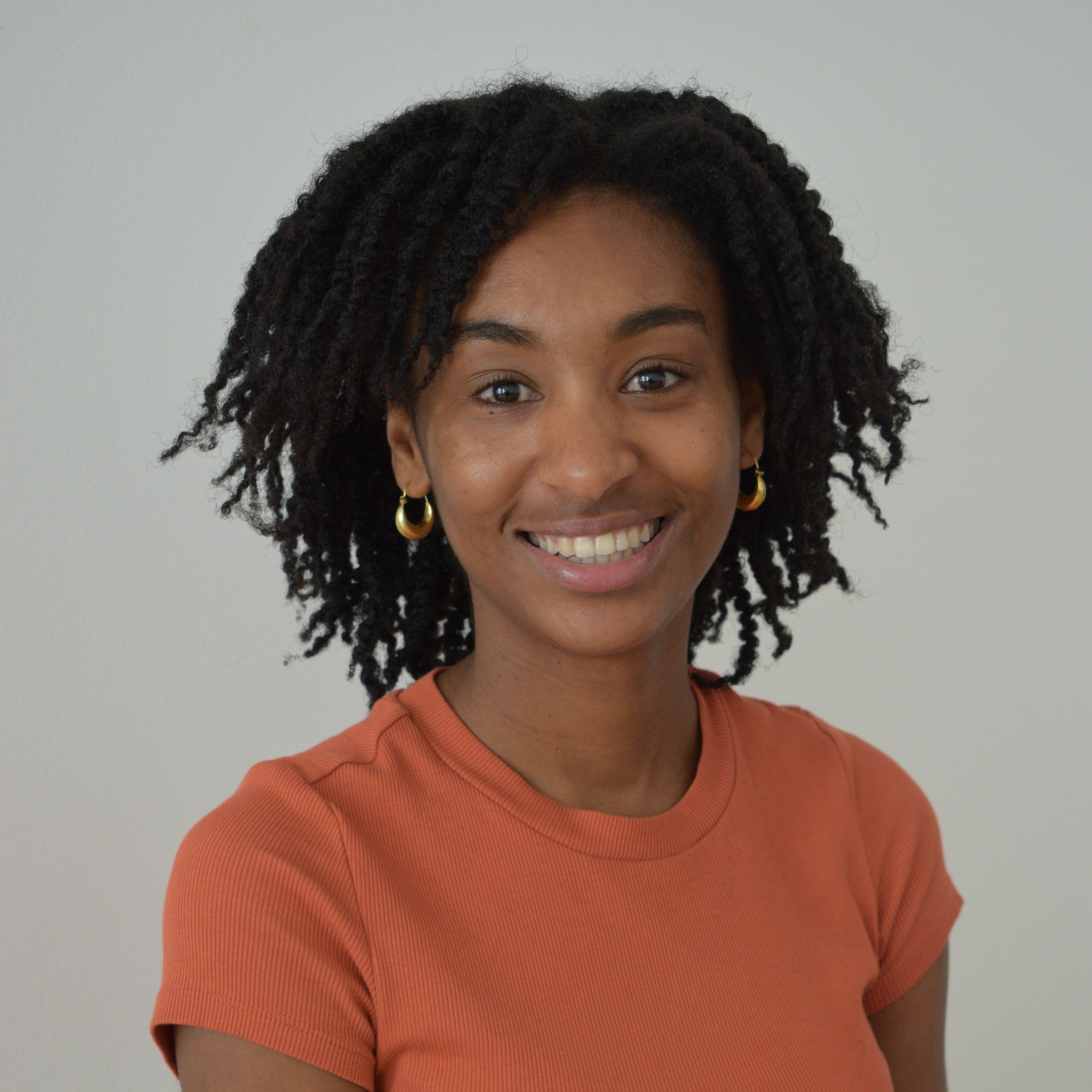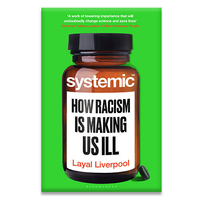'As beautiful as pregnancy sounds, it also scares me': Author Layal Liverpool on the reality of racism in reproductive health care
"I am at a point in my life where pregnancy is shifting from something I have spent years actively trying to prevent, to something my partner and I think we might want. Both notions — not wanting to become pregnant and trying to become pregnant — carry several anxieties in my mind."

People's races have profound impacts on their health, but that's not because people of different backgrounds have fundamentally different biology. Rather, these social categories influence people's chances of being exposed to environmental stressors and pollution, of having limited access to health care, and of not being taken seriously in a doctor's office — including that of an obstetrician.
In this excerpt from "Systemic: How Racism is Making Us Ill" (Bloomsbury Circus, 2024), science journalist Layal Liverpool interrogates the anxieties that bubble up for her as she considers pregnancy. As a Black woman, trained biomedical scientist and journalist who covers the impacts of racism on medical care, she is well aware of how racism impacts people's experiences of pregnancy at every step of the journey. Her new book explores these widespread racial inequities in reproductive care, as well as those that exist in other aspects of health care, in medical education and in research. The text also profiles people working to close these gaps, and making great strides in doing so.
When I spoke with J'Mag Karbeah, the health services researcher at the University of Minnesota, she described the process of pregnancy and giving birth as "one of the most fantastic things the human body can do." As beautiful as that sounds, it also scares me: I am at a point in my life where pregnancy is shifting from something I have spent years actively trying to prevent, to something my partner and I think we might want. Both notions — not wanting to become pregnant and trying to become pregnant — carry several anxieties in my mind.
For as long as I can remember, I have had access to contraception and known that having an abortion would be an option available to me in case of an unwanted pregnancy or one that posed a danger to my health. I recognise that this is a privileged position to be in and it isn't one I take for granted. The WHO describes abortion as an "essential health care service" and yet, in June 2022, the U.S. Supreme Court overturned Roe v. Wade — the landmark 1973 ruling which had provided a constitutional right to abortion. Since the court's decision, millions in the U.S. have lost access to safe abortions in their states and, as ever, Black people and other people belonging to marginalised groups have been disproportionately affected.
According to 2019 data from the CDC, Black and Latina women are respectively four and two times more likely to have abortions than White women. In July 2022, the Kaiser Family Foundation reported that more than four in 10 women aged 18 to 49 living in states where abortion had already become or was likely to become illegal were women of colour, including almost half of American Indian or Alaska Native women in that age range. It seems particularly cruel to me that people belonging to marginalised groups who are already disproportionately at risk of dying during pregnancy and childbirth are also often deprived of reproductive choice and access to this vital form of healthcare. And it isn't only the U.S. where abortion access is being curtailed. Many anti-abortion organisations founded in the U.S. now have branches abroad, including in Europe where I am based, and countries including El Salvador, Nicaragua and Poland — where my partner is from — have also rolled back abortion access in the last few decades.
When it comes to trying to become pregnant, I also have some concerns. Racial and ethnic inequalities are present at every stage of pregnancy, even before pregnancy begins. Statistics on miscarriage are sparse, but a 2021 study which analysed data from seven countries in North America and Europe suggests that the risk is higher for Black women compared with White women. The analysis of data from 4.6 million pregnancies in the U.S., the U.K., Canada, Sweden, Denmark, Finland and Norway, indicated that the risk of early pregnancy loss was 43% higher for Black women compared with White women. In the U.S. and U.K., research suggests Black women also face more barriers in accessing fertility treatment. Black women in the U.S. undergo fewer in-vitro fertilisation (IVF) cycles and have lower IVF birth rates compared with White women on average, despite being about twice as likely to experience infertility.
Sign up for the Live Science daily newsletter now
Get the world’s most fascinating discoveries delivered straight to your inbox.
In the U.K., meanwhile, Black patients receiving IVF tend to be older than average on presentation and both Black and Asian patients tend to have lower IVF birth rates compared with White patients. In addition to inequalities in access to fertility treatment, other factors such as a lack of trust in healthcare services due to experiences of racism, and racist stereotypes about Black hyper-fertility, may also contribute to these disparities. "Such factors are largely unexplored within the fertility discourse, which has overwhelmingly focused on the experiences of White women," wrote Christine Ekechi, co-chair of the Race Equality Taskforce at the Royal College of Obstetricians and Gynaecologists, in a 2021 op-ed in the medical journal The Lancet. "Understanding how belief systems, fertility knowledge, and cultural and religious influences intersect with racism, access, and individual health factors is the only way to meaningfully bridge the gap in fertility outcomes," she said.
Excerpted from the book "Systemic: How Racism is Making Us Ill" by Layal Liverpool. Published by Bloomsbury Circus on June 6, 2024. Reprinted by permission.
"Systemic: How Racism Is Making Us Ill" by Layal Liverpool is available now — $30 on Amazon
If you enjoyed this extract, the rest of the book digs deeper into these issues and also investigates potential solutions. From cardiovascular disease to viruses, from cancer to mental illness, Liverpool delves into the reasons racial health disparities exist and reveals that diseases are not "great equalizers" — not when you live in an unequal society. She shows how the widespread adoption of new, anti-racist medical standards will be central in creating a healthier world for everyone.

Layal Liverpool is a science journalist and author based in Berlin, Germany. Her writing has appeared in Nature, New Scientist, WIRED, the Guardian, and elsewhere, and she has worked on staff as a reporter for both Nature and New Scientist. Before moving into journalism, Layal worked as a biomedical researcher at University College London and the University of Oxford in the UK. She has a PhD in virology and immunology from the University of Oxford.
- Nicoletta LaneseChannel Editor, Health
Man gets sperm-making stem cell transplant in first-of-its-kind procedure
'Love hormone' oxytocin can pause pregnancy, animal study finds











